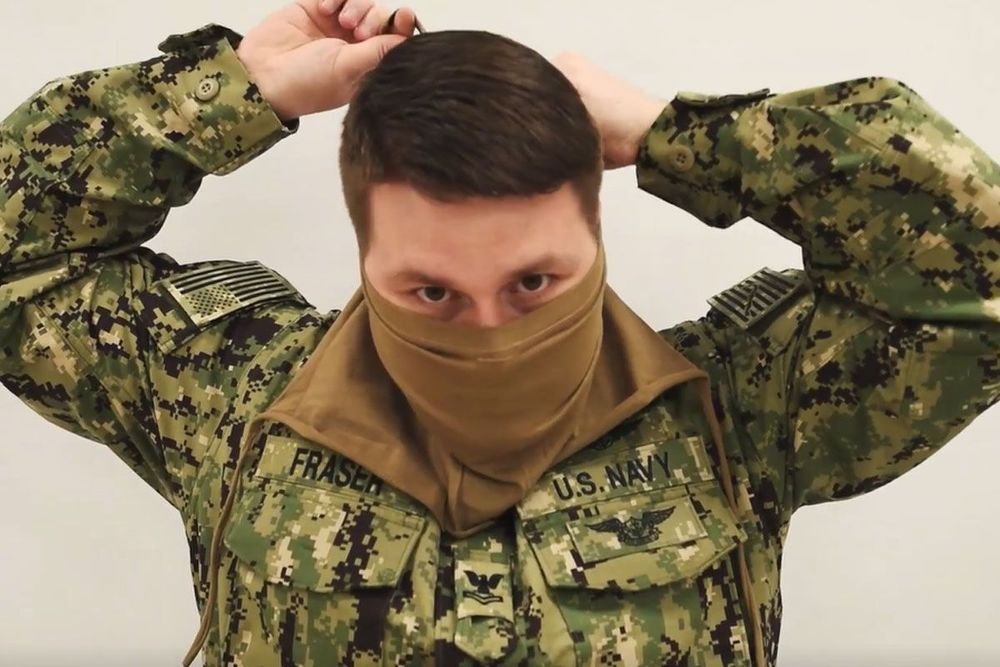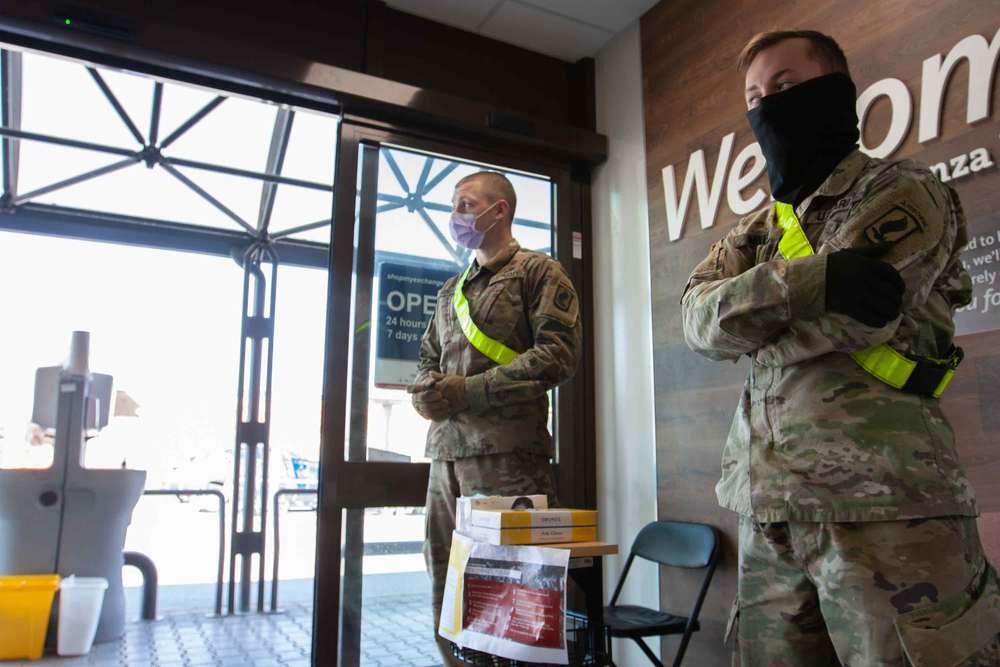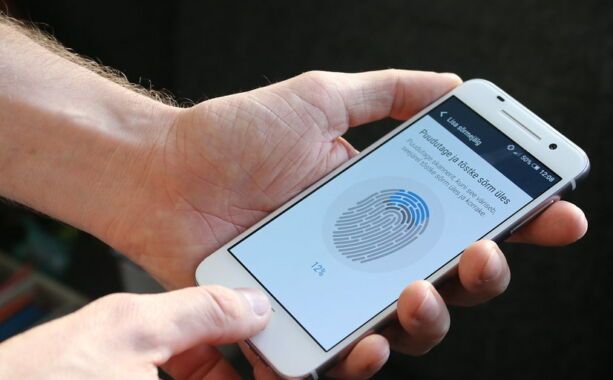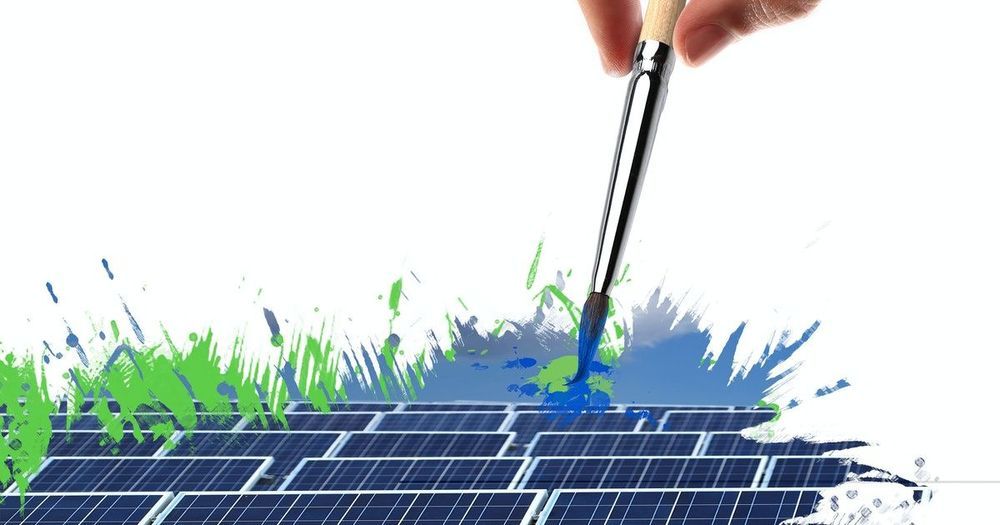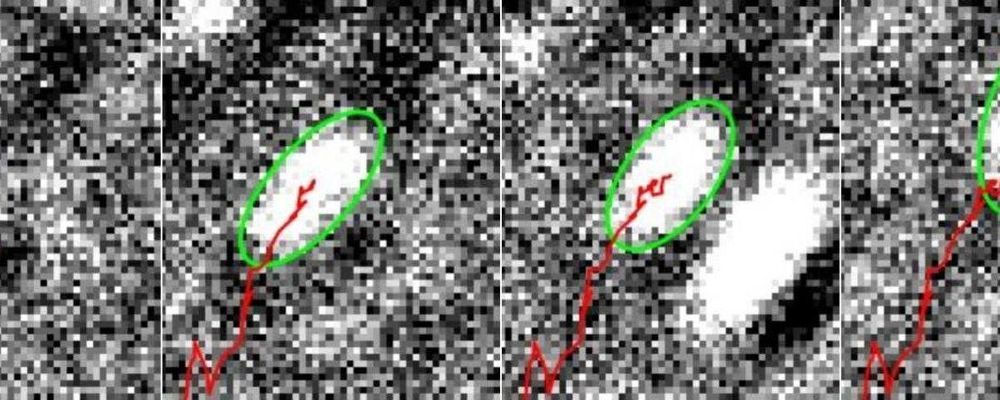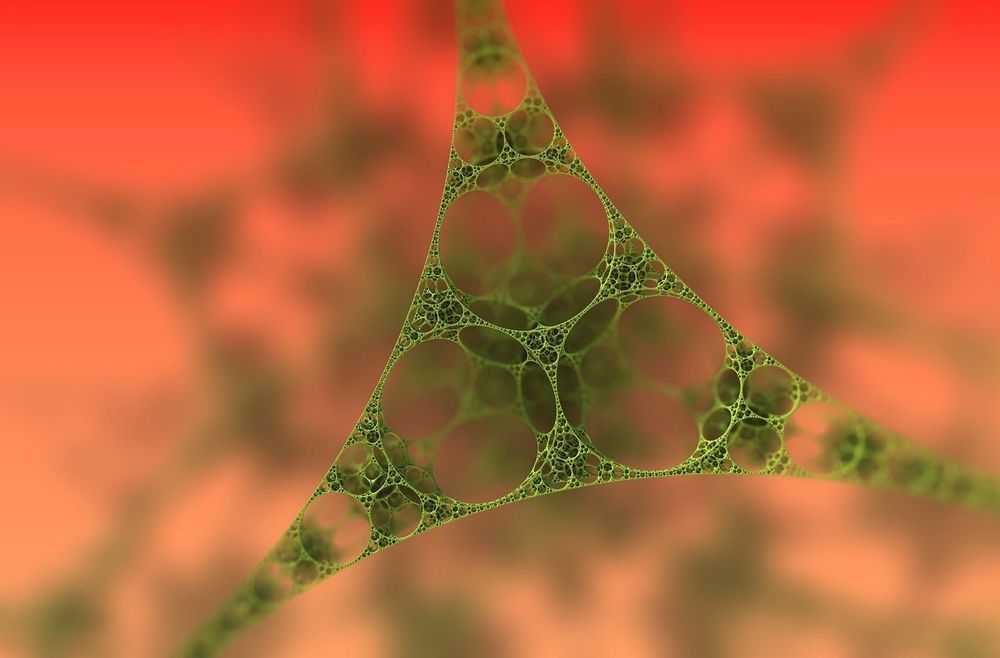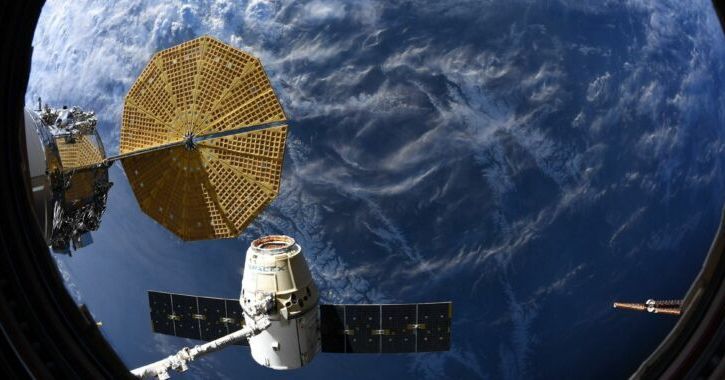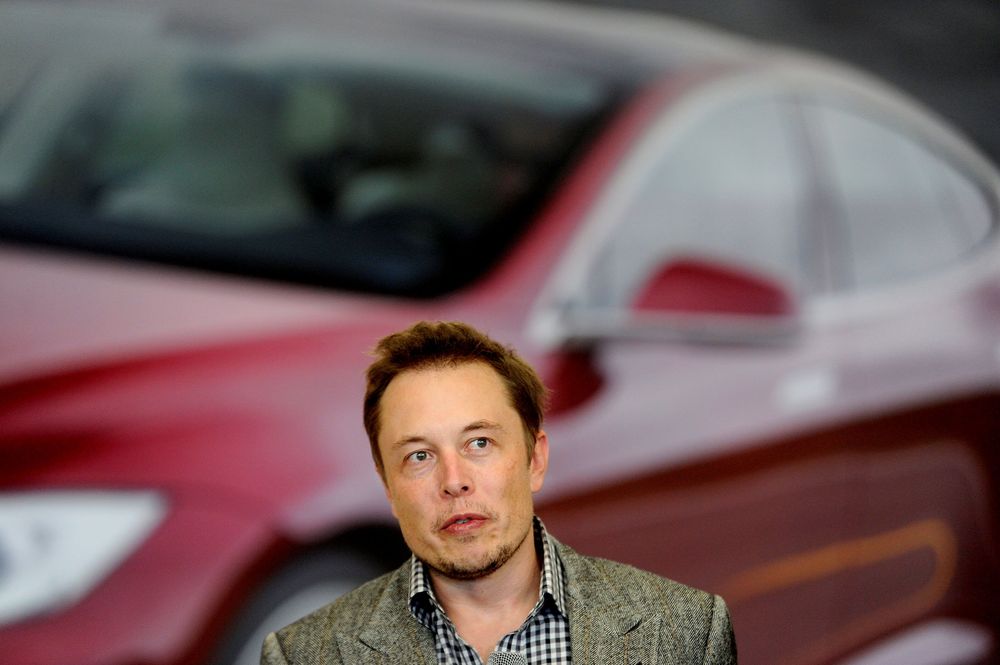The military branches are requiring troops to make their own cloth face masks after the Pentagon’s latest policy directed face coverings for all personnel during the novel coronavirus outbreak.
The Defense Department announced Sunday that troops, DoD civilian employees, contractors and family members are encouraged to make simple coverings out of clean T-shirts and other household materials. The do-it-yourself face coverings are mandatory whenever people cannot maintain six feet of social distance in public areas or places of work, according to the policy, signed by Defense Secretary Mark Esper.
The DIY masks will help preserve much-needed N95 and surgical masks for health care workers, the policy states.
